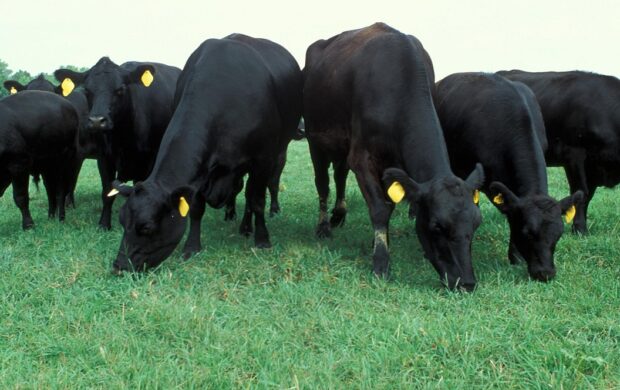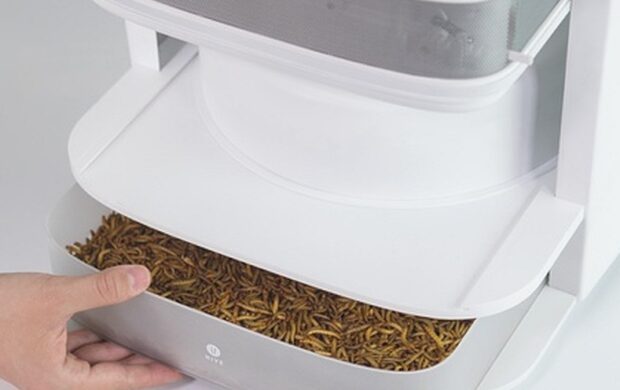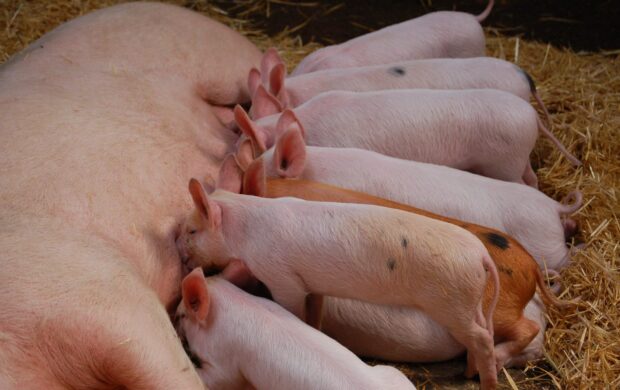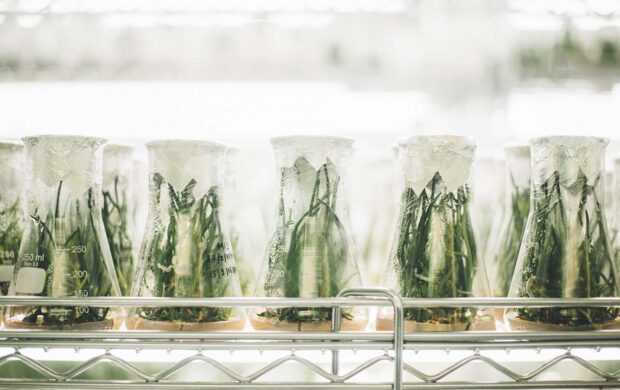An old NASA space technology from the 60s has been rediscovered and could revolutionise the way we grow food. The science is in a powerful class of microbes called ‘hydrogenotrophs’, which use carbon dioxide as a nutrient to be converted into food.
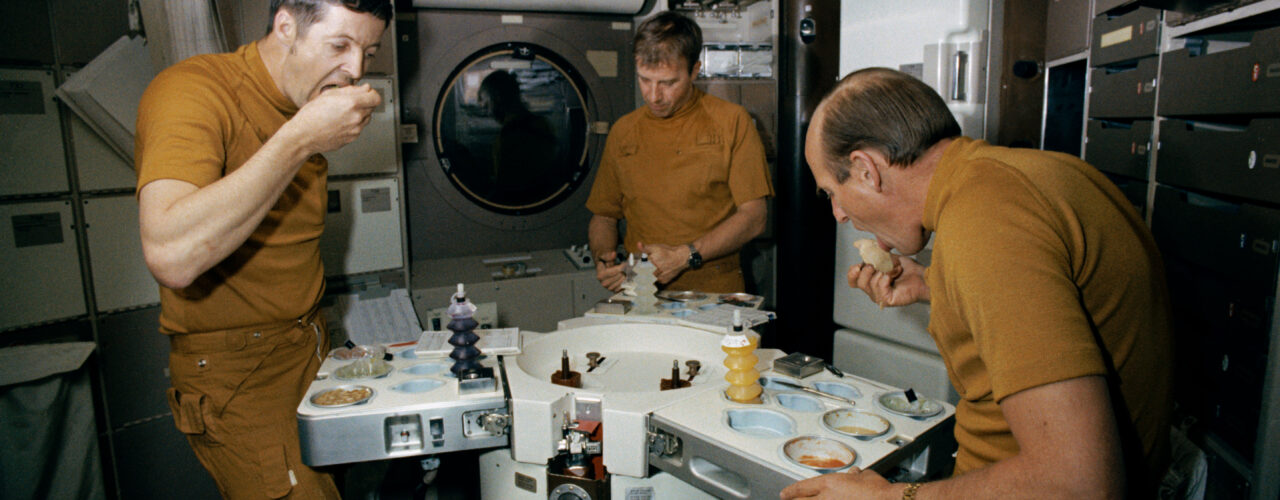
NASA’s idea was for the microorganisms to convert the carbon dioxide exhaled by astronauts into food. The process involves the biological and chemical synthesis of waste gases to cell material which could be used as a more complete food. The astronauts would then eat and recycle that back into carbon dioxide, as humans do. This forms a closed-loop carbon cycle.
Today, the work of hydrogenotrophs in recycling carbon dioxide into food is done inside vertical bioreactor systems. This factory-like setting means more food can be produced per land area so our remaining forests do not have to be cleared to feed future populations.
Hydrogenotrophs are able to recycle carbon dioxide into food far more rapidly than plants do. By rapid we are talking about producing food in a bioreactor in a matter of hours rather than months. Lisa Dyson of Kiverdi, a biotech company, claims this means we could make 10,000 times more food per land area, when compared to planting soybeans.
And that’s not all. These microbes are versatile in producing a variety of everyday products such as protein-rich meals and a substitute for palm oil—which can then be used to create everything from ice-cream to toothpaste.

